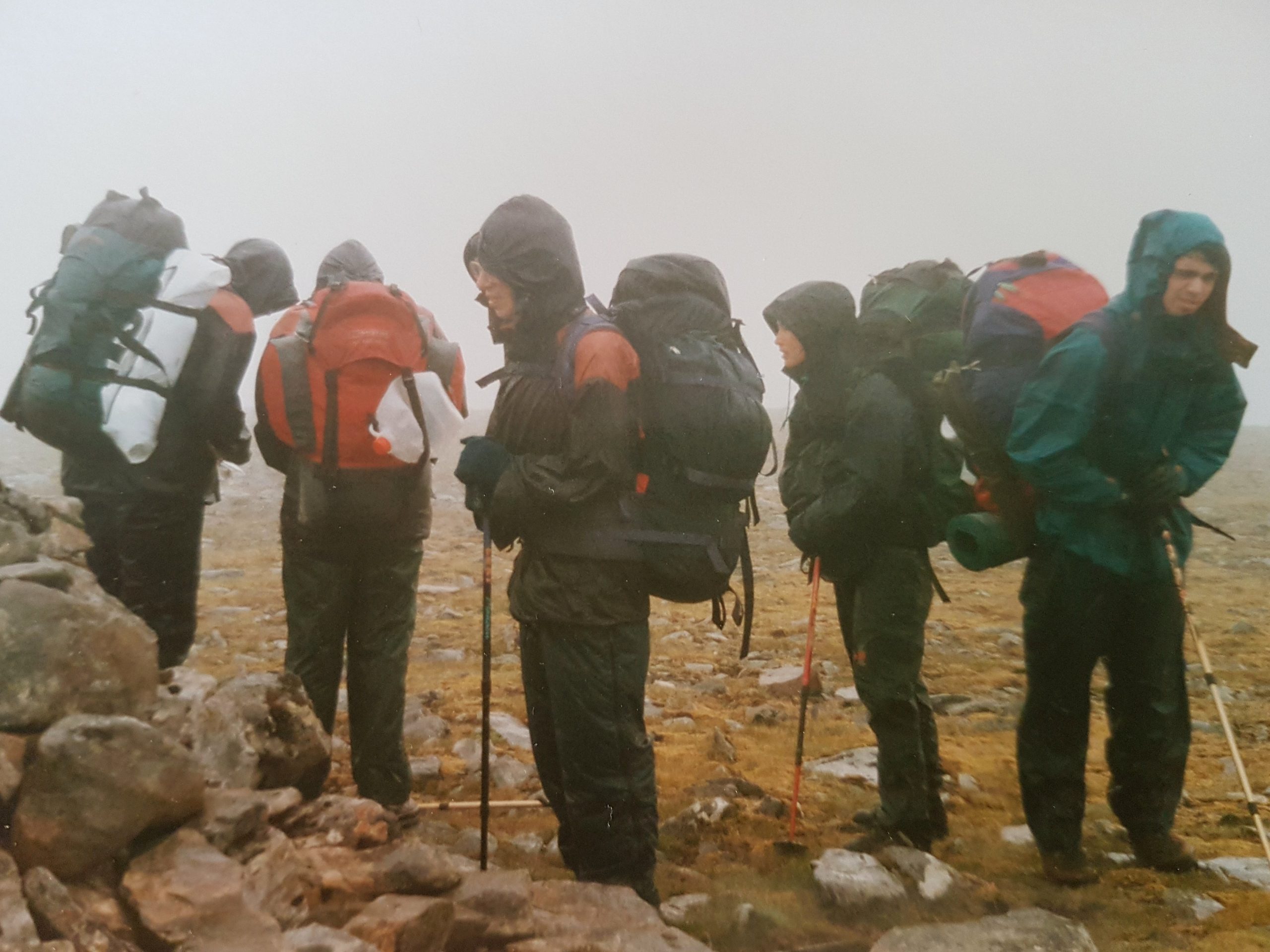Backpacking is an incredible adventure and brings along a plethora of experiences and memories. One of the most important aspects of any backpacking trip is the food you take with you. What kind of food should you bring backpacking?
The type of food you should bring backpacking depends on a variety of factors, including the length of your trip, the terrain and climate conditions, your personal dietary needs, and other considerations. When planning a backpacking trip, it’s important to consider all these factors in order to make sure you have a successful and enjoyable experience.
Lightweight and High-Energy Foods are essential for backpacking trips as they provide quick energy while being easy to transport. Nutrient-rich snacks such as nuts and trail mix are good options as they provide sustained energy throughout your hike. Protein bars, energy gels, jerky, and granola can also be great additions to your pack as they are lightweight yet packed with nutrients.
Freeze-Dried Meals are also popular among backpackers since they provide a filling meal without much weight or bulk. These meals can often be prepared with just boiling water, which is convenient when out in the wilderness. Additionally, many freeze-dried meals come in different varieties so you can find something that fits your taste buds perfectly.
Snack Foods are also great for bringing on a backpacking trip since they offer quick sustenance when needed. Dried fruits such as raisins or apricots offer natural sweetness while still providing essential nutrients like vitamins and minerals. Nut butters like peanut butter or almond butter can also be great sources of energy when paired with crackers or breads.
Drinks are essential for staying hydrated during longer trips in hot climates or at higher altitudes where dehydration can occur quickly. Powdered electrolyte drinks can be added to water bottles for sustained hydration throughout the day while powdered milk can be added to hot chocolate mixes for a little extra comfort during night time camping sessions.
Conclusion:
When planning a backpacking trip it’s important to take into consideration the length of your trip, climate conditions, dietary needs, and other factors so that you can choose the best foods for your journey. Lightweight yet high-energy snacks such as nuts or trail mix along with freeze-dried meals are great options for providing sustenance throughout your journey while snack foods like dried fruits or nut butters offer quick sources of energy when needed. Additionally, electrolyte drinks and powdered milk are great choices for staying hydrated during longer trips in hot climates or at higher altitudes.
9 Related Question Answers Found
Backpacking is one of the best ways to explore the great outdoors and get away from it all. But, food is an essential part of any backpacking trip. What kind of food should you take?
When it comes to backpacking, the right food can make all the difference between an amazing adventure and a miserable one. When you’re out in nature and away from home, you’ll want to make sure you have the right type of food to keep your energy levels up, but also something that won’t take up too much space in your backpack. Here are some key considerations when it comes to choosing backpacking food:
Calories: Calorie-dense foods are ideal for backpacking because they pack a lot of energy into a small package.
Backpacking is a popular way for people to explore different destinations, hike in nature and experience local cultures. While it can be an exciting and enjoyable time, packing the right food and supplies is essential for a successful trip. Selecting the best food to bring backpacking can be tricky, as it needs to provide enough nutrition while being lightweight and easy to prepare.
A backpacking trip is an incredible experience that can be enjoyed by people of all ages. When planning your backpacking trip, one of the most important considerations is what clothing to bring. You need clothes that are lightweight, comfortable, and suitable for the climate and activities you will be participating in.
When you’re backpacking, you need to make sure that you’re packing the right food. Depending on the length of your trip, the type of food you should bring can vary. But no matter how long your trip is, there are several key components you’ll need to consider when deciding what to eat.
When planning a backpacking trip, you may be wondering how much food to bring. This is a very important question as the amount of food you bring will directly affect the success of your backpacking trip. Too little food and you may find yourself hungry and unable to get the proper nutrition needed for an enjoyable experience.
When it comes to backpacking, you need to make sure you bring the right gear. One of the most important pieces of kit you should consider packing is a camera. Not only will a camera capture beautiful memories and amazing shots of your journey, but it can also be an essential tool for documenting your travels.
Backpacking is one of the most popular ways to explore a new area and experience the great outdoors. But packing for backpacking can be a daunting task, especially if you’re new to it. What should go in first?
A backpacking trip can be a great way to escape the hustle and bustle of daily life. It’s an opportunity to explore new places, take in breathtaking views, and recharge your batteries. With a little bit of planning and preparation, you can enjoy a successful and enjoyable backpacking adventure.

